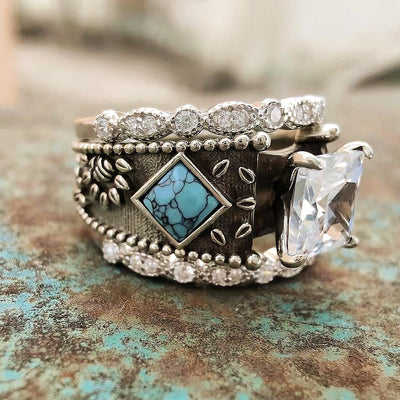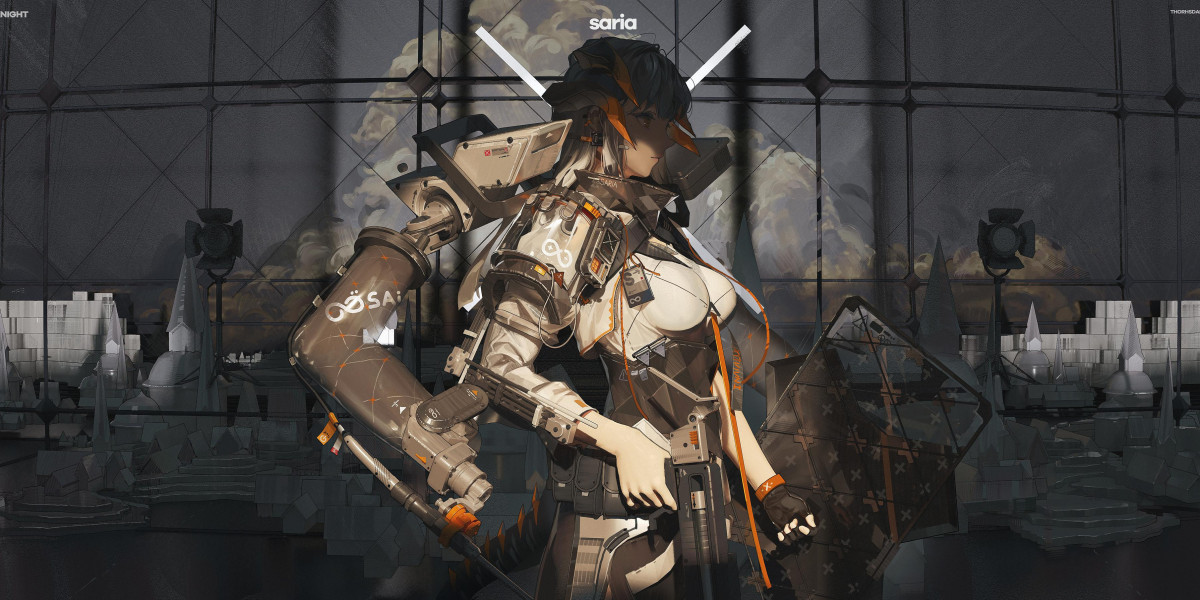Unveiling the Secrets of Western Wedding Ring Styles and Their Enchanting History!
Wedding rings hold a profound significance in Western culture, serving as timeless symbols of love, commitment, and the promises made between partners. These circular bands, often adorned with precious metals and stones, represent an unbreakable bond that transcends time. The act of exchanging rings during a wedding ceremony is a cherished tradition, steeped in history and emotion. In this article, we will embark on a journey to explore the diverse styles of western wedding rings, dissecting their historical roots and the cultural shifts that have shaped their evolution over time. From the classic elegance of traditional bands to the bold expressions found in modern designs, we will uncover the artistry and meaning behind these enduring symbols of love.

Historical Overview of Western Wedding Rings
The origins of wedding rings can be traced back to ancient civilizations, where they were often made from materials such as braided reeds or leather. In Western culture, the practice began to take shape around the time of the Roman Empire, where rings symbolized a formal agreement between families. The transition from simple bands to more intricate designs marked a significant evolution, particularly during the Middle Ages when gold and silver became the materials of choice, reflecting wealth and status. By the Renaissance, gemstones began to adorn wedding rings, introducing a new layer of aesthetic and symbolic meaning. Cultural shifts, such as the rise of romantic love during the Victorian era, further influenced wedding ring styles, leading to the intricate designs we see today. The Industrial Revolution also played a crucial role in making wedding rings more accessible to the masses, allowing for a wider variety of styles and personalization.
Popular Styles of Western Wedding Rings
As couples embark on their journey of love, the selection of a wedding ring becomes a pivotal part of their story. Western wedding rings come in various styles, each with its unique charm and characteristics, which can be categorized into traditional, modern, vintage, and unique styles. Traditional styles often evoke a sense of timelessness, while modern designs embrace innovation and personalization. Vintage rings, with their intricate details, tell stories of the past, and unique styles allow couples to express their individuality. Let's delve deeper into each category to appreciate the artistry and emotion embedded in these precious symbols.
Traditional Styles
Traditional wedding rings often feature classic designs, such as plain gold bands and diamond solitaires. The simplicity of a plain band symbolizes the purity of love, while diamond solitaires represent the enduring value of commitment. These styles have maintained their popularity over the years due to their timeless elegance and significance. Friends of mine who have chosen traditional styles often speak of the comfort and familiarity these designs bring, feeling an intrinsic connection to generations of couples who have walked the same path.
Modern Styles
Modern wedding rings showcase contemporary designs that reflect today's trends and preferences. Couples increasingly opt for alternative metals such as titanium, tungsten, and rose gold, breaking away from the traditional gold and platinum norms. Innovative settings, like tension and bezel settings, allow for creative expressions of individuality. Personalization has also become a significant trend, with couples choosing to engrave meaningful messages or symbols within their rings. This shift towards modern styles highlights a desire for rings that resonate with personal stories and identities.
Vintage Styles
Vintage-inspired wedding rings hold a special allure, capturing the charm of bygone eras. These rings often feature intricate details such as filigree, milgrain, and elaborate stone settings, reminiscent of styles popular in the Victorian or Art Deco periods. The appeal of vintage rings lies not only in their aesthetics but also in the stories they carry. Many couples are drawn to the romanticism associated with antique designs, and they often find joy in discovering a ring that feels like a piece of history. A close friend of mine shared her experience of finding a vintage ring that belonged to her grandmother, emphasizing the emotional connection it brought to her wedding day.
Unique Styles
Unique wedding rings offer a canvas for creativity and self-expression, allowing couples to showcase their individuality. These designs often break traditional molds, featuring unconventional shapes, materials, and embellishments. Custom creations are becoming increasingly popular, with couples collaborating with jewelers to design rings that reflect their personalities and love stories. This trend not only results in stunning pieces but also fosters a deeper connection between the couple and their rings, making them truly one-of-a-kind. A friend of mine opted for a custom-designed ring featuring his partner's birthstone, which beautifully symbolized their unique bond.
The Symbolism Behind Wedding Rings
Beyond their beauty, wedding rings carry profound meanings that resonate with cultural and personal significance. The circular shape of a ring represents eternity, symbolizing the unending love and commitment shared between partners. Different cultures and religions interpret these symbols in various ways, often incorporating unique rituals surrounding the exchange of rings. For instance, in some traditions, the ring is worn on the fourth finger of the left hand, believed to have a vein that runs directly to the heart, emphasizing the emotional connection. The symbolism behind wedding rings serves as a reminder of the promises made, and for many couples, it becomes a cherished part of their daily lives, reinforcing their commitment with each glance at their ring.
Exploring the Meaning and Diversity of Wedding Rings
In this exploration of western wedding rings, we have uncovered the rich history and diverse styles that define these cherished symbols of love. From traditional bands to modern designs and unique creations, each ring tells a story of commitment, individuality, and shared dreams. The significance of choosing a wedding ring that resonates personally cannot be overstated, as it becomes a tangible representation of the love shared between partners. As you embark on your journey to select a wedding ring, take a moment to appreciate the history and meaning behind your choice, knowing that it will symbolize your love for years to come.



